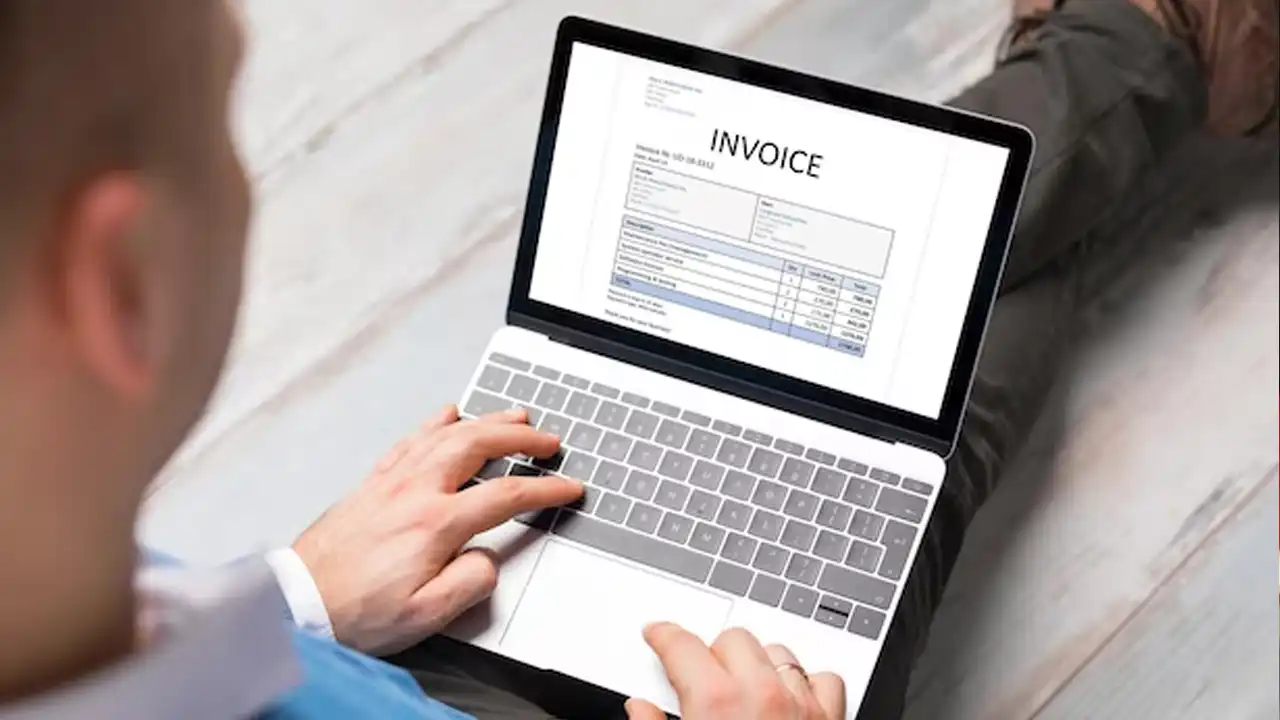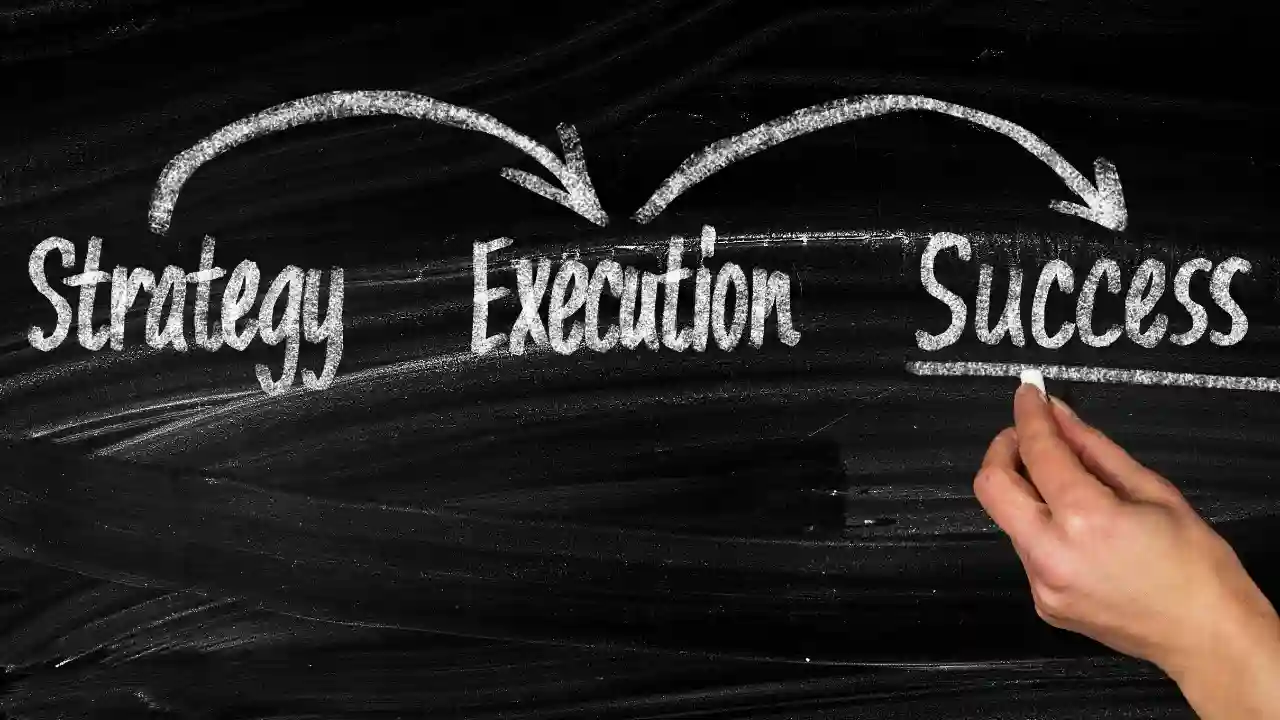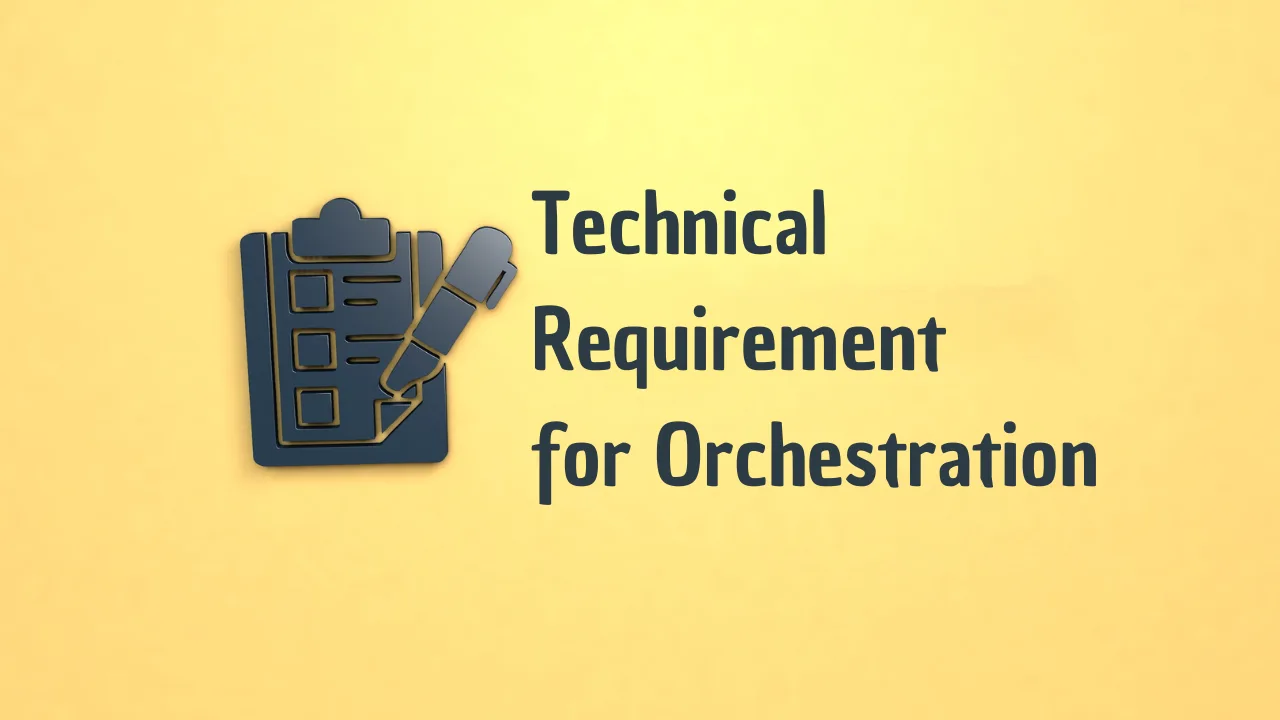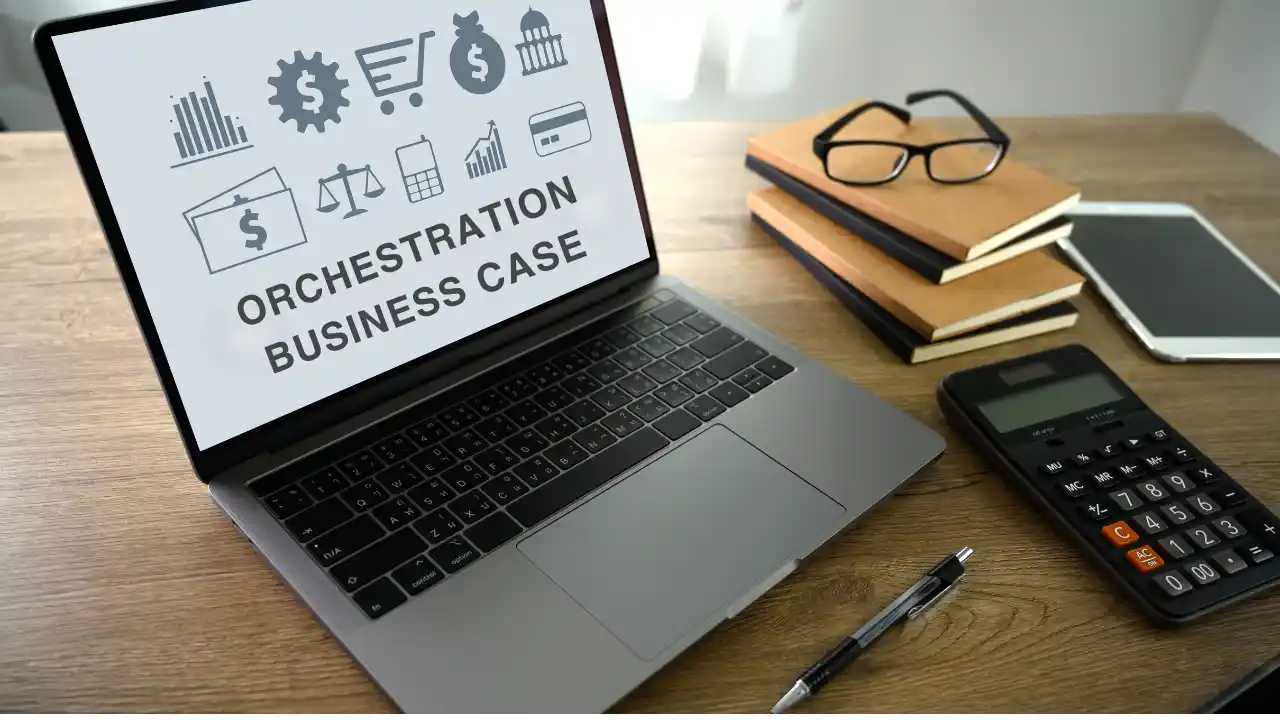Invoicing is one of the most critical aspects of doing business, as it directly impacts how companies get paid for the products or services they provide. Despite technological advancements, paper invoices remain inefficient and outdated, creating e-invoicing challenges and unnecessary friction in this digital age. The transition to Electronic Invoicing (E-invoicing) is not just a trend but an inevitable move toward more accurate and efficient processes.
However, the adoption rate of e-invoicing in the United States has remained surprisingly static over the years. Even among companies that have adopted e-invoicing, less than 25% of invoices qualify as genuine electronic documents. The journey toward true e-invoicing is still in its early stages, hindered by various challenges of e invoicing that need to be addressed to achieve widespread implementation.
Why E-Invoicing Adoption Remains Limited
The shift to e-invoicing promises significant benefits, including streamlined operations, improved accuracy, and reduced costs. However, several factors limit its adoption across businesses in the United States:
1. Resource Constraints
Implementing a fully automated e-invoicing system often requires IT and other technical resources, which are typically scarce within businesses and government entities. Many organizations prioritize these resources for initiatives that directly generate revenue rather than those that focus on cost reduction, such as e-invoicing systems.
2. Customization Needs
Businesses frequently need to customize their e-invoicing implementations to suit each trading partner, which adds layers of complexity and cost. This customization can make the implementation process daunting, particularly for small and mid-sized enterprises (SMEs) that may not have the resources to handle these additional E-Invoicing challenges.
3. Weak Individual Business Cases
The perceived effort and costs involved in adopting e-invoicing can often outweigh the benefits, especially for SMEs with relatively low invoice volumes. This weakens the individual business case for adoption, as the initial investment may not seem justified by the anticipated returns.
4. Lack of Interoperability
The most significant hurdle to widespread e-invoicing adoption is the lack of interoperability between different systems. The absence of standardized frameworks makes sending and receiving e-invoices complex, raising operational costs and deterring companies from transitioning to digital invoicing.
The Role of Standardization in E-Invoicing
To address these challenges of e invoicing, the concept of e-invoice exchange frameworks has emerged as a critical solution. Standardization is crucial to transforming B2B payments in the United States by enabling different e-invoicing systems to work together seamlessly.
What is Standardization?
Standardization involves creating uniform rules, guidelines, or characteristics that streamline processes and enhance interoperability across industries. We encounter standards every day, from paper sizes like A4 and file formats like PDF to WiFi protocols. These standards simplify communication and ensure consistency across different platforms.
In the context of e-invoicing, standardization means creating a common language that all parties can use to facilitate smoother transactions. Over 2,500 e-invoice service providers currently operate in the U.S. market, utilizing more than 15 different e-invoice formats and over 40 subsets. This fragmented landscape underscores the urgent need for standardized e-invoice exchange frameworks to enable broader adoption.
Business Payments Coalition (BPC): Pioneering E-Invoice Standardization in the U.S.
Recognizing the need for standardized e-invoicing, the Business Payments Coalition (BPC) has taken a leading role in developing a solution. BPC is a not-for-profit organization comprising over 600 members dedicated to improving the efficiency and effectiveness of B2B payments in the United States.
The coalition aims to promote interoperability among various e-invoicing systems by establishing an open e-invoice delivery framework. This framework addresses four essential layers of compatibility: legal, technical, business, and semantic, and enables seamless document delivery across an open network of service providers, B2B networks, and platforms.
Learning from Global Standards: Peppol in Europe
BPC’s approach draws inspiration from successful international models like Peppol in Europe. Peppol provides a secure network that enables trading partners to exchange standards-based electronic documents effortlessly. By facilitating easy integration with minimal disruption to existing processes, Peppol has significantly increased e-invoicing adoption in Europe. Similarly, BPC’s e-invoice exchange framework aims to achieve the same transformation in the U.S. market.
Press Release: Zycus is now a part of Australian Government’s panel for PEPPOL capabilities & associated services
E-Invoice Exchange Market Pilot: A Step Towards Standardization
The E-invoice Exchange Market Pilot is BPC’s groundbreaking initiative aimed at standardizing e-invoicing in the U.S. Launched in collaboration with the Federal Reserve, this pilot program involves 77 organizations working together to develop, test, and deploy the U.S. e-invoice exchange framework.
Operating until the end of 2022, the pilot’s objective is to establish a functional B2B invoice exchange framework by 2023. The successful implementation of this framework will be a game-changer, setting the stage for standardized e-invoicing and overcoming many of the existing adoption barriers.
Overcoming E-Invoicing Challenges with BPC’s Framework
BPC’s e-invoice exchange framework addresses many of the e-invoicing challenges that have impeded adoption:
- Enhanced Interoperability: By establishing a common set of standards, the framework enables different e-invoicing systems to communicate effectively, simplifying the invoicing process for businesses of all sizes.
- Cost Reduction: Standardization reduces the need for costly customizations and integrations, making e-invoicing more accessible, especially for SMEs.
- Streamlined Processes: The framework’s focus on technical, business, and legal compatibility ensures that companies can adopt e-invoicing with minimal disruption to their existing processes.
- Scalability: As more companies adopt the standardized framework, the network effect will drive further adoption, leading to a more efficient and interconnected B2B payments landscape.
Conclusion: The Future of E-Invoicing in the U.S.
E-invoicing is a critical component in the broader goal of enhancing the procure-to-pay and order-to-cash processes. The BPC’s e-invoice exchange framework represents a significant step forward in the standardization of business payments in the U.S., paving the way for a more efficient and interconnected financial ecosystem.
At Zycus, a premier provider of e-invoicing solutions, we are excited by these developments and committed to furthering the widespread adoption of e-invoicing. With the right frameworks in place, businesses can overcome existing barriers and unlock the full potential of digital invoicing.
Ready to explore how e-invoicing can revolutionize your business? Book a demo with our experts today and discover the benefits of adopting a standardized e-invoice exchange framework.
Related Read:
- e-Invoicing Playbook : How to Plan for AP Transformation Success
- Unlock the Value of Digital Transformation by adopting E-invoicing
- Why E-invoicing is in Focus Today & How will it Benefit your Business?
- How E-Invoicing Technology Is More Than Saving Paper
- White Paper – A CFO’s Guide to Procurement and Invoice Management Benchmarking
- Research Report – Invoice Workflow Automation (IWA) Report




























































